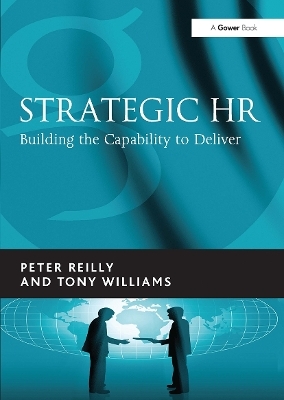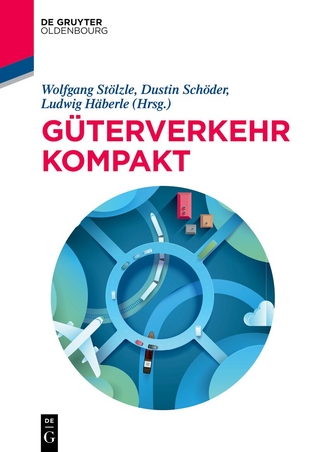
Strategic HR
Routledge (Verlag)
978-1-032-83773-4 (ISBN)
HR has sought to reposition itself as a strategic contributor to organizations. To facilitate this, it has restructured, bringing in shared services, business partners and centres of expertise, simplifying, automating and rationalising processes, and devolving some activities to managers, whilst outsourcing others. HR has yet to give sufficient attention to the capability of the function to deliver against the added value promise. This book looks at the developments that have brought HR to its present position. It sets out a vision of where HR might be headed, including a definition of its role and activities. It identifies a number of challenges that HR will have to face if it is to be effective. These include not just skills, but problems with structures and relationships with stakeholders, be they line managers or employees. The authors also highlight ways of monitoring HR performance and of demonstrating its value. It all adds up to an authoritative reference guide for all HR directors seeking to define their role and future aims, for those new to the function on the challenges they will face, and for senior executives on what they should expect the added value to be from their HR function.
Peter Reilly is Director of Consultancy at the Institute for Employment Studies. Prior to joining the Institute he spent many years with Shell as an HR manager in the UK and overseas. He is the author of Flexibility at Work, published by Gower. Tony Williams is the Director of HR, Wealth Management at the Royal Bank of Scotland Group. He was previously responsible for implementing a fully integrated shared services model following the successful acquisition and integration of NatWest in 2000. Peter and Tony also co-authored How to Get Best Value from HR: The Shared Services Option, published by Gower.
Part 1 The Story So Far; Chapter 1 The Changing Nature of HR; Chapter 2 The HR Function Now; Part 2 Where Next for HR?; Chapter 3 New Role; Chapter 4 New Content; Chapter 5 New Relationships; Chapter 6 New Structures and Roles; Chapter 7 To Make or Buy; Chapter 8 New Skills; Chapter 9 New Technology; Chapter 10 New Approach to Monitoring and Evaluation; Part 3 Impediments to Success �€� and Some Solutions; Chapter 11 The Challenge of Positioning; Chapter 12 Solutions to Positioning Challenges; Chapter 13 Challenges with the Operating Model: Structures and Roles; Chapter 14 Solutions to Operating Model Problems; Chapter 15 Challenges of Capability; Chapter 16 Capability Solutions; Chapter 17 What Can We Learn From Other Functions?; conclusion Conclusion;
| Erscheinungsdatum | 02.08.2024 |
|---|---|
| Verlagsort | London |
| Sprache | englisch |
| Maße | 174 x 246 mm |
| Gewicht | 440 g |
| Themenwelt | Wirtschaft ► Betriebswirtschaft / Management ► Logistik / Produktion |
| Wirtschaft ► Betriebswirtschaft / Management ► Personalwesen | |
| Wirtschaft ► Betriebswirtschaft / Management ► Unternehmensführung / Management | |
| Wirtschaft ► Volkswirtschaftslehre | |
| ISBN-10 | 1-032-83773-X / 103283773X |
| ISBN-13 | 978-1-032-83773-4 / 9781032837734 |
| Zustand | Neuware |
| Haben Sie eine Frage zum Produkt? |
aus dem Bereich


